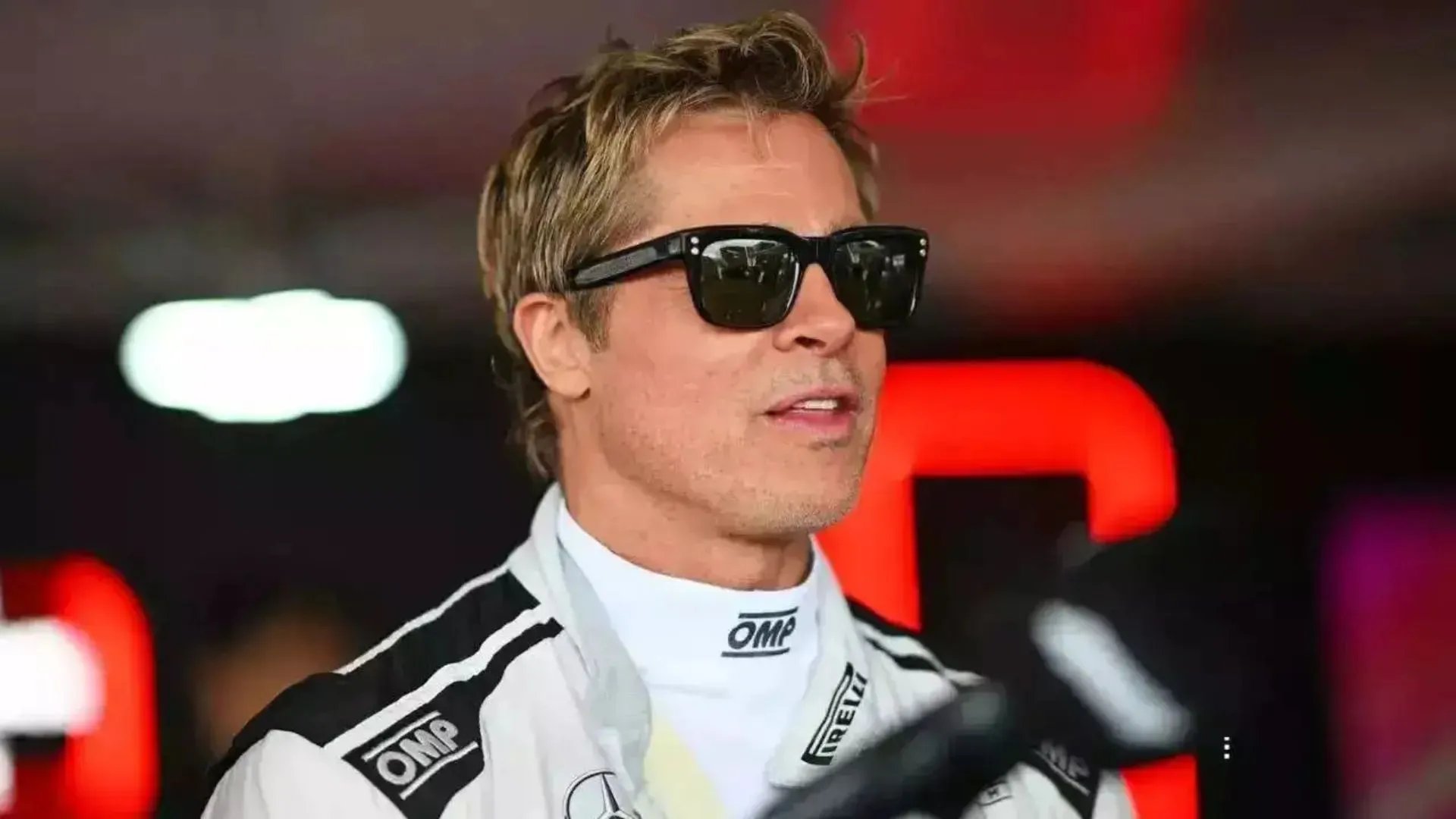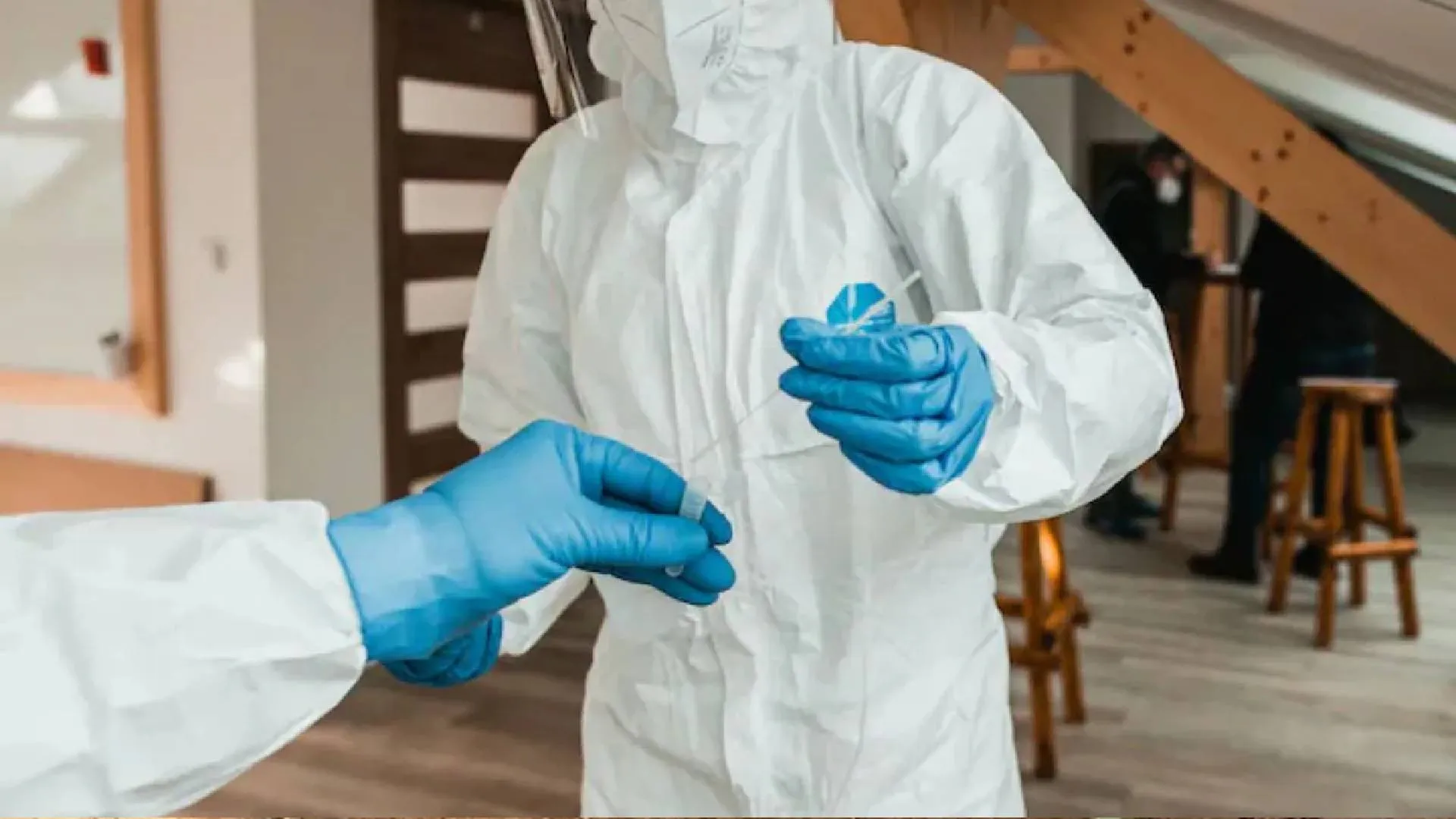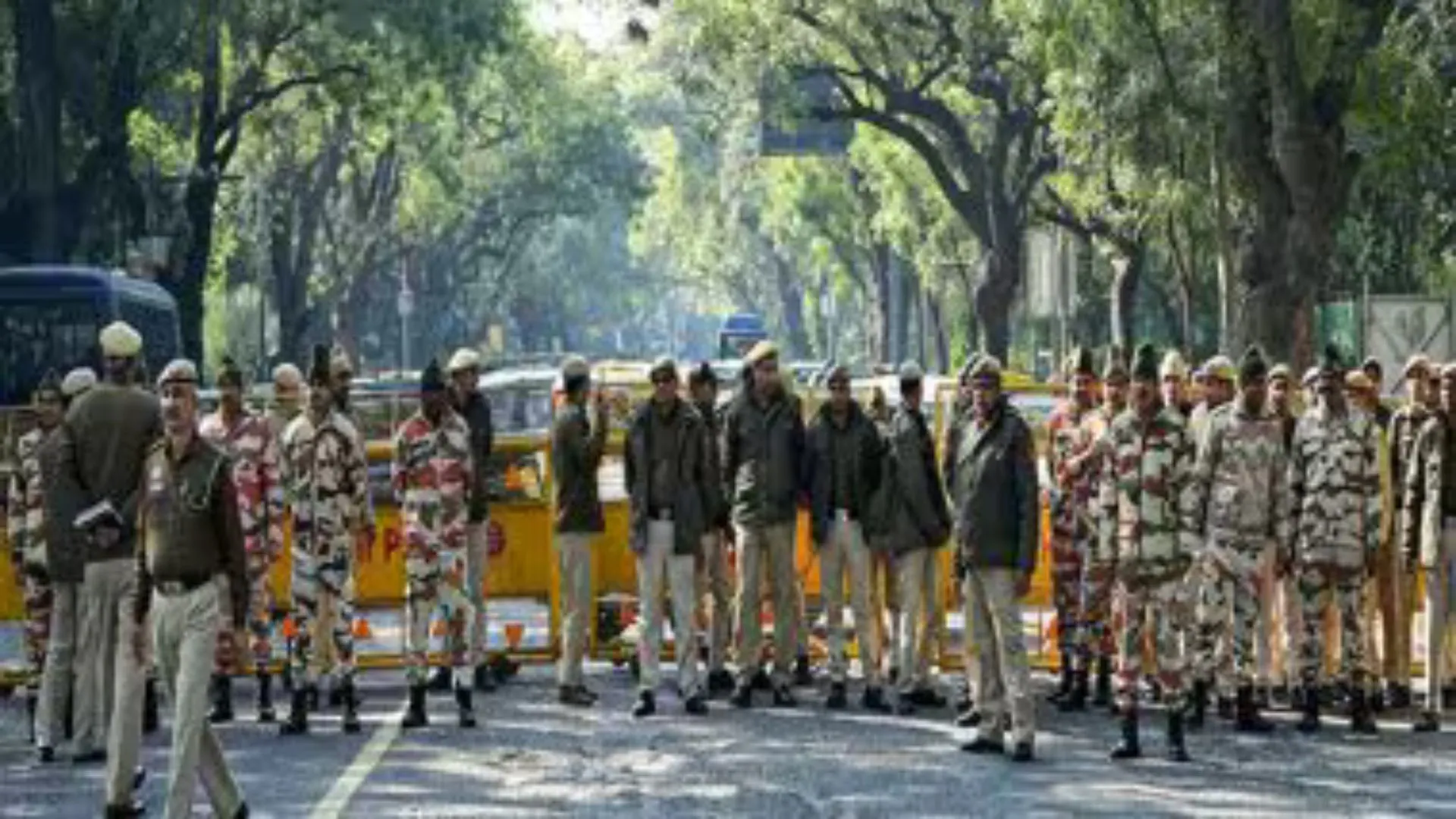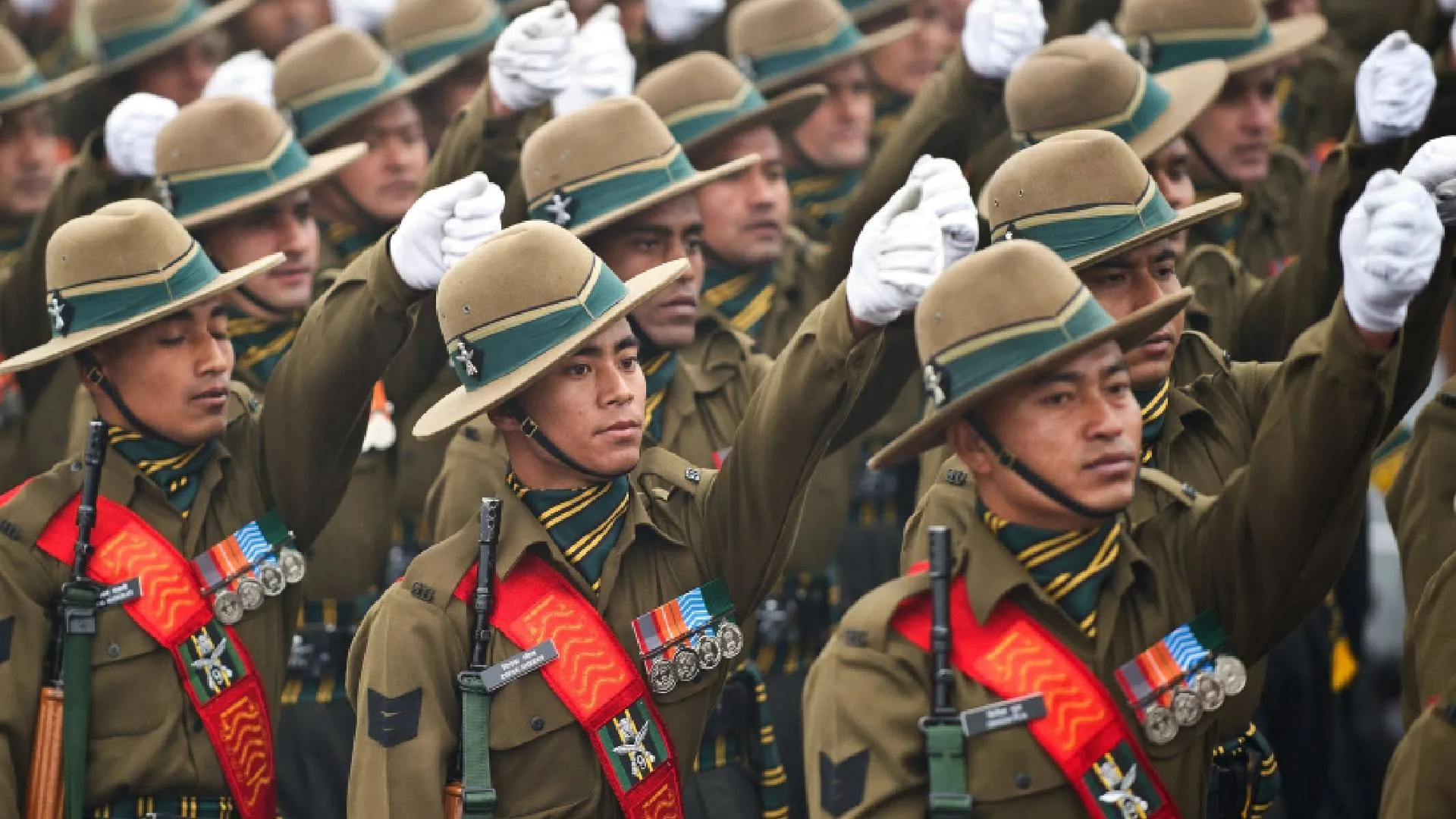External Affairs Minister S Jaishankar gave Namaste greetings to his Chinese counterpart Qin Gang, Bilawal Bhutto-Zardari of Pakistan, and other foreign ministers when they arrived at the venue of the two-day Shanghai Cooperation Organisation (SCO) conclave hosted by India.
The main discussions took place on Friday, even though the two-day SCO Council of Foreign Ministers conference got started at the Taj Exotica Resort on Thursday evening with a reception given by Jaishankar.
There was no handshake and only a namaste from the external affairs minister to each visiting foreign minister.
Jaishaknar shook hands with his Pakistani counterpart and others on Thursday evening, as per a few members of Bhtuto-Zardari’s entourage.
Bilawal Bhutto arrived in Goa on Thursday to become the first Pakistani foreign minister to land on Indian soil after a 12-year gap. Hina Rabbani Khar was the foreign minister of the neighbouring country who visited India in 2011 and had a talk with her counterpart, SM Krishna.
However, India and Pakistan became permanent members of the SCO in 2017.
India hosted the SCO foreign ministers’ conclave in its capacity as the current chair of the grouping.
The SCO is a significant economic and security bloc and has emerged as one of the biggest trans-regional international organisations.
The presidents of Russia, China, the Kyrgyz Republic, Kazakhstan, Tajikistan, and Uzbekistan established the SCO at a conference in Shanghai in 2001.
India joined the SCO as an observer in 2005, and since then, it has regularly taken part in its ministerial-level conferences, which largely discuss security and economic co-operation in the Eurasian region.
India has expressed a strong desire to strengthen its security-related cooperation with the SCO and its Regional Anti-Terrorism Structure (RATS), which focuses on security and defence-related problem























